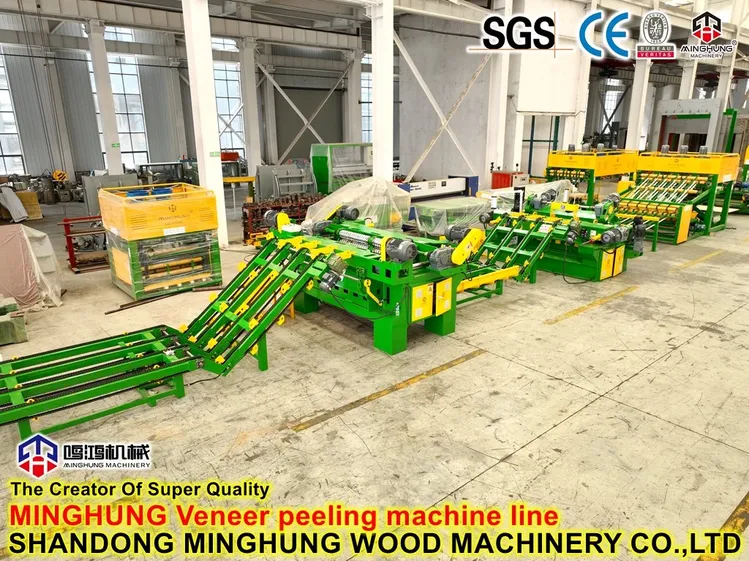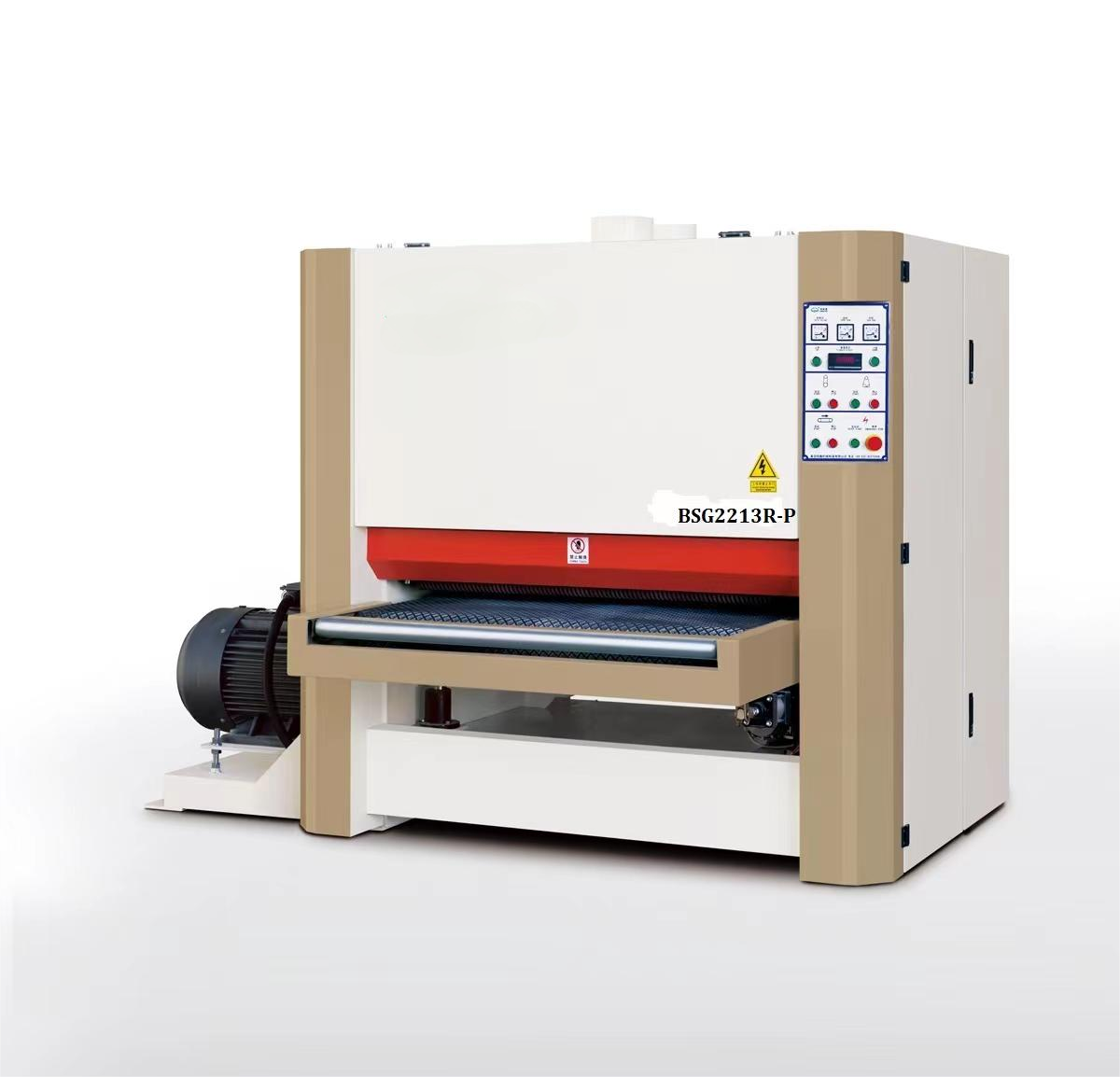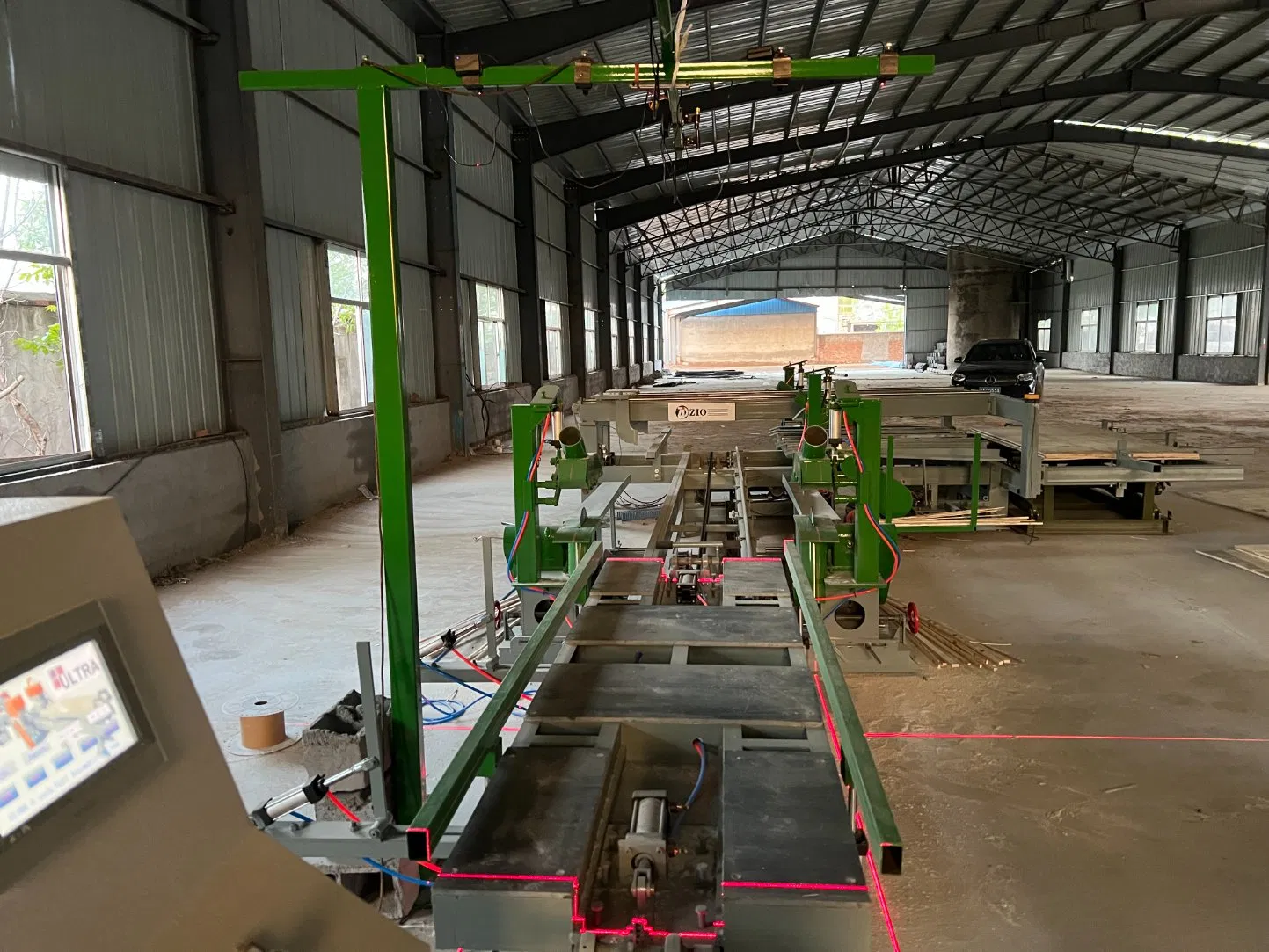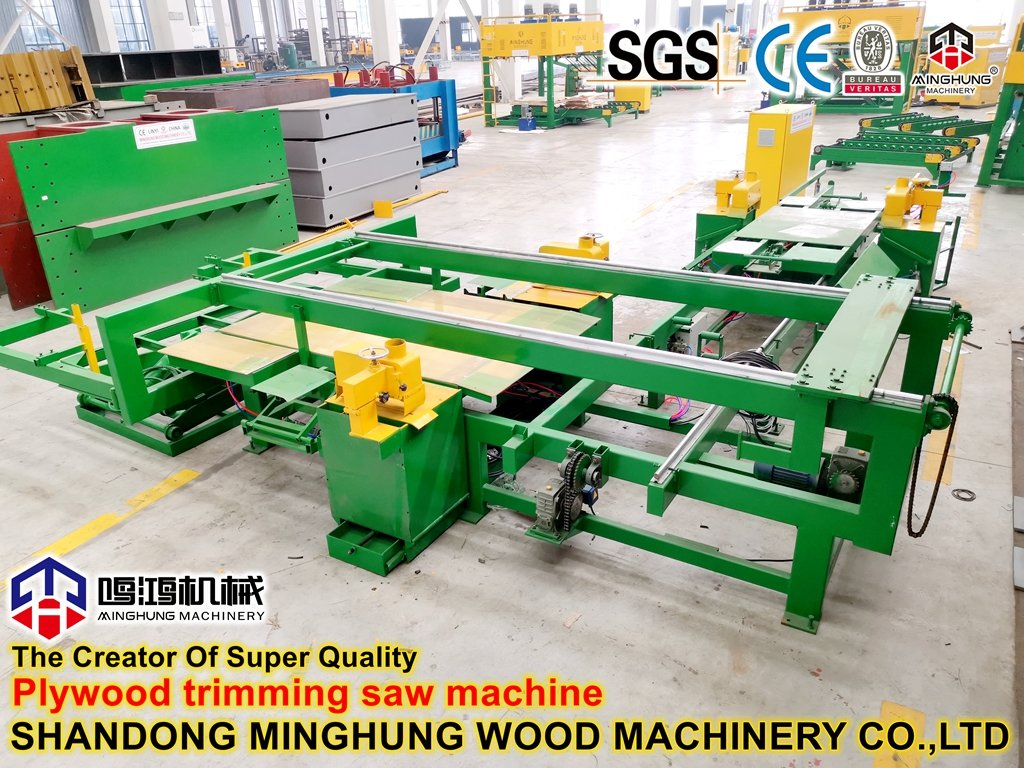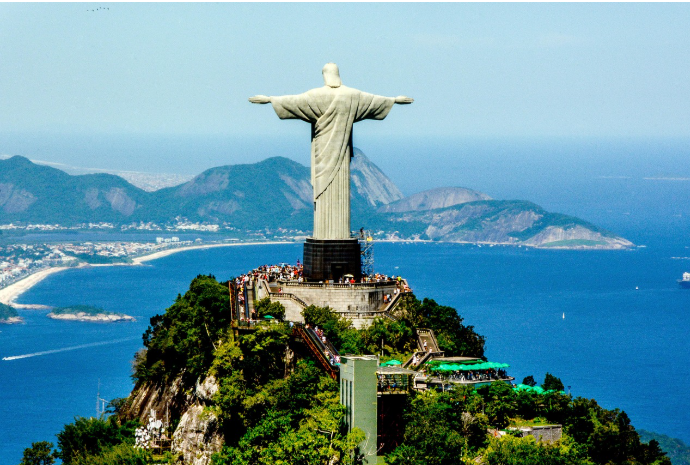
Brazil is home to some of the world’s richest forest resources. As the guardian of the Amazon, the country also holds a pivotal place in the global plywood industry. Thanks to its vast timber reserves and well-established manufacturing base, Brazil consistently ranks among the top plywood producers, with exports reaching markets across Latin America, North America, Europe, and the Middle East. Yet, behind this strong position lie growing challenges: fluctuations in global demand, tightening trade barriers, mounting environmental pressures, and the urgent need for industrial modernization. The key question now is how Brazil can leverage its natural strengths while navigating these hurdles—transforming its plywood industry toward higher value, greater resilience, and long-term sustainability.
What Are the Brazil’s Advantages in Plywood Production
1. Abundant and Reliable Timber Resources
Brazil has vast tropical forests and one of the world’s richest supplies of hardwood. Eucalyptus, the main species used in plywood cores, covers about 7.6 million hectares—roughly 76% of the country’s planted forests. With a fast growth cycle of just 5–7 years, eucalyptus provides a stable and sustainable supply of raw material. It is also strong, with excellent bending and compression resistance, making it ideal for both structural use and high-end furniture.
2. Competitive Labor Costs
Alongside affordable raw materials, labor in Brazil is much cheaper than in Europe or the U.S. With wages and social costs far lower than in Western economies, the country enjoys a large, cost-efficient workforce for plywood manufacturing.
3. Smooth Surface Finish
Brazilian plywood is known for its clean, flat surface, which is ready for coating, laminating, or painting without extra processing.
4. Strength and Durability
Tropical hardwood plywood from Brazil has dense fibers and natural resistance to decay and pests. Its multilayer structure ensures stability, with minimal warping or shrinkage. Panels are manufactured with high precision, giving them strong mechanical strength and durable bonding—perfect for long-distance shipping and demanding export markets. Many products are also treated with waterproof adhesives, making them suitable for marine use, outdoor applications, and construction formwork.
5. Environmentally Responsible
Many Brazilian plywood producers source from sustainably managed forests, with certifications like FSC or PEFC. This makes their products compliant with environmental standards in Europe and North America, especially for furniture and interior decoration.
6. Wide Product Range
Brazilian plywood comes in thicknesses from 3mm to 25mm and serves multiple industries: construction, furniture, marine and automotive interiors, and packaging. Tropical hardwood plywood is highly weather-resistant, and many exporters offer customized sizes and finishes to meet client requirements.
7. Export and Logistics Strengths
Brazil has efficient ports, relatively low energy costs, and established export infrastructure, making bulk shipments cost-effective and reliable.
8. Strong Export Track Record
As one of the world’s major plywood exporters, Brazil supplies the U.S., Mexico, Europe, and beyond. Producers often hold international certifications (FSC, PEFC, ISO, HACCP), which ease market access. Their established supply chains and logistics networks help ensure steady, on-time delivery.
What Are the Main Types of Plywood Produced in Brazil
- Standard Plywood: Used widely in construction and furniture.
- Marine Plywood: Bonded with phenolic (WBP) glue, highly water-resistant, suitable for boats, outdoor use, and wet environments.
- Decorative Plywood: Finished with wood veneer or PVC, used in furniture and interiors.
- Structural Plywood: Strong, stable panels designed for engineering and construction projects.
What Challenges is Brazil’s Plywood Industry Currently Facing?
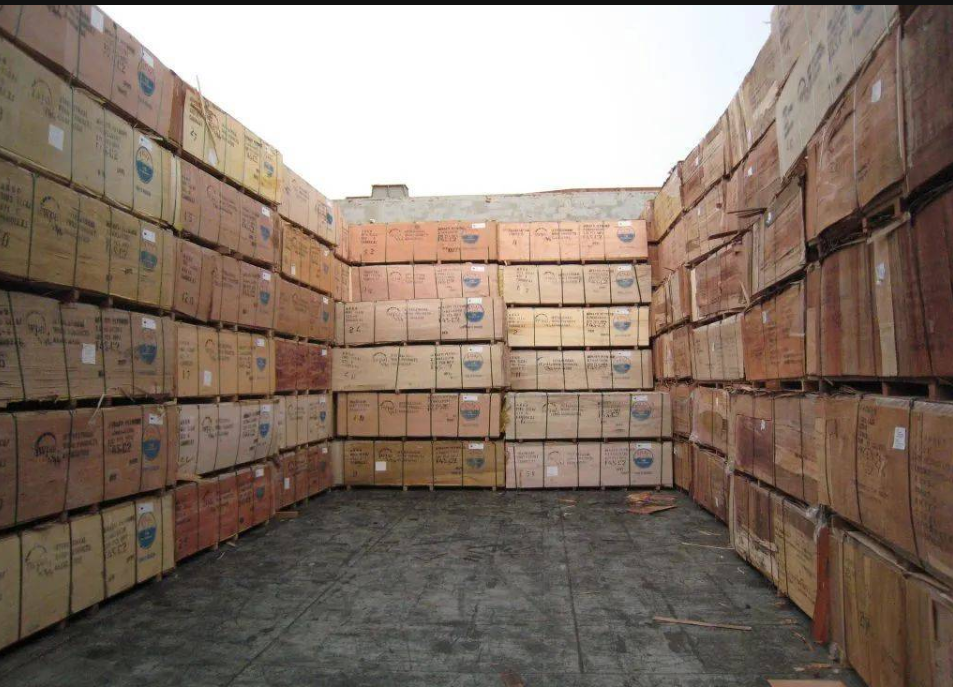
1. International Trade Barriers
- U.S. anti-dumping and high tariffs: From August 6, 2025, the U.S. imposed a 50% tariff on Brazilian wood products, including plywood. This consists of a 10% reciprocal tariff (in place since April) and an additional 40% ad-valorem duty, totaling 50%.
- EU anti-dumping investigation: On March 6, 2025, the European Commission launched an investigation into Brazilian softwood plywood with thickness less than 6mm and a conifer veneer surface. The complaint alleges that Brazilian plywood is being sold below fair market value, harming EU producers. Estimated dumping margins range from 87% to 131%, with proposed duties of up to 73%—though final rates will depend on the investigation outcome.
2. Global Market Demand Fluctuations
Brazil’s plywood exports heavily depend on global demand in construction and furniture markets. Currently, slowing global economic growth, delayed real estate development, rising transportation costs, and currency fluctuations all contribute to price volatility in international markets.
3. Limited Production and Industrial Upgrades
- Many Brazilian plywood factories still use older plywood production machinery with low automation, relying heavily on labor, which reduces efficiency and product consistency.
- Plywoods are mostly low-value construction-grade panels, with limited presence in high-end markets such as waterproof, fire-resistant, or eco-friendly plywood.
4. High Costs and Currency Volatility
- Brazil’s geographic location makes it distant from key export markets in Asia, the Middle East, Africa, and Europe, resulting in high energy, transportation, and logistics costs, which reduce competitiveness abroad.
5. Limited Domestic Demand
- Despite Brazil’s large population, the domestic construction and furniture markets are insufficient to absorb the country’s plywood production capacity, making the plywood industry heavily reliant on exports.
6. Increasing Competition
- Countries such as China, Indonesia, India, and Vietnam are strong competitors in plywood exports, offering lower production costs and more efficient supply chains, which capture significant international market share.
What Are the Recommended Measures for Brazilian Plywood Manufacturers
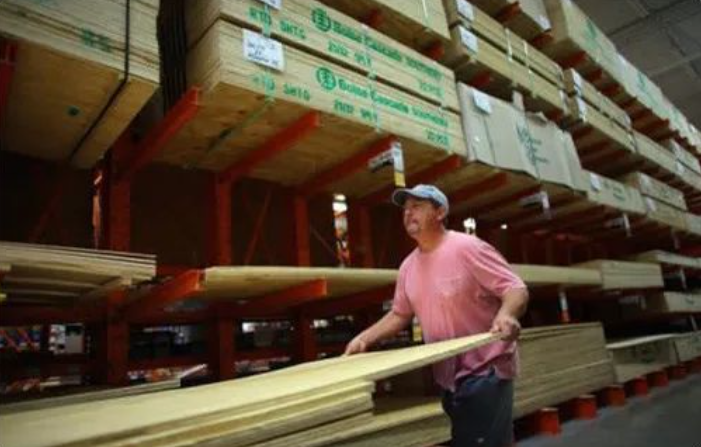
1. Actively Expand into New Markets
Africa
- Huge market potential: Africa’s population exceeds 1.4 billion and is expected to double by 2050. This large population base drives consistent demand for housing and infrastructure. Rapid urban housing, public buildings, and infrastructure expansion make plywood widely used in formwork and interior decoration.
- Key regions:
- North Africa (Egypt, Morocco, Algeria): demand driven by furniture and real estate; highly reliant on imports.
- East Africa (Kenya, Tanzania): demand driven by urbanization and infrastructure projects; imports are significant.
- Limited local production: Some countries (Gabon, Congo, Nigeria) are trying to establish local plywood factories, but most African nations still rely heavily on imports, creating opportunities for Brazilian exporters.
- Import sources: High-quality plywood mainly comes from China, Malaysia, and Indonesia. Demand for high-quality, functional boards (moisture-proof, fireproof, eco-friendly) is growing faster.
- Summary: Africa’s plywood market enjoys a long-term advantage of population growth + urbanization + rising consumption. Although some countries are promoting local production, import reliance remains high in the short term, especially in North and East Africa. The market needs not just quantity but also higher quality, creating strong opportunities for Brazilian exporters.
Middle East
- Market demand: Driven by infrastructure development, real estate growth, and urbanization. Countries like Saudi Arabia, UAE, Qatar, and Kuwait are investing heavily in urban projects, commercial complexes, residential and public facilities, boosting demand for formwork plywood and interior boards.
- High-end market opportunities: Rising middle class increases demand for furniture, cabinets, and flooring. High-quality, eco-friendly, moisture-proof, and fireproof boards are particularly sought after.
- Limited local production: Most Middle Eastern countries have arid climates and low forest coverage. Local wood resources are scarce, requiring large imports for production, which increases costs and supply chain complexity. Forest processing and wood industries are underdeveloped, leading to few factories and limited automation.
- Import sources: China, India, Indonesia, Vietnam, Russia
- Major importing countries:
- UAE: ~400,000 m³ in 2023, projected 5–8% annual growth by 2030
- Saudi Arabia: ~745,000 m³ in 2024, 34% of regional imports
- Israel: 11% of regional imports
- Iraq, Turkey, Jordan, Qatar: moderate demand
- Summary: Middle East plywood demand is driven by infrastructure, real estate, and rising middle-class consumption. Local capacity is limited, imports are essential, and high-quality boards present clear market opportunities.
2. Expand the Domestic Market
- Drivers: Recovery in construction, infrastructure investment, and furniture manufacturing.
- Strategy: Increase government support for housing and infrastructure, encourage furniture industry growth, and stimulate domestic consumption to boost plywood demand locally.
3. Strengthen Presence in Latin America
- Potential markets: Mexico, Colombia, Chile, Uruguay
- Advantages: Close geography → lower transport costs; high trust and recognition; free trade agreements (e.g., MERCOSUR) reduce export costs.
- Strategy: Deepen market penetration in Latin America to offset negative impacts of US and EU tariffs and anti-dumping measures.
4. Optimize Trade Channels
- Strategy: Enter US market via lower-tariff or free trade agreements (e.g., USMCA, CAFTA-DR) through re-export.
- Implementation: Ship plywood to a transit country, re-declare, re-label, or repack through a local company, using “local production or export country origin certificates” to reduce US import tariffs.
- Goal: Reduce tariff costs, comply with US standards and customs, and enhance competitiveness.
5. Upgrade Product Portfolio
- High-end products: Formwork plywood, fireproof and waterproof boards, furniture-grade plywood.
- Eco-friendly development: Low-formaldehyde adhesives, environmentally friendly boards.
- Certifications: FSC, PEFC, LEED → access to premium markets.
6. Modernize Equipment and Improve Production
- Introduce advanced machinery: Automatic rotary veneer machines, hot presses from China or Europe to boost automation, reduce labor dependence, and increase efficiency and quality.
- Key production upgrades:
- Veneer slicing: Full automatic line (sawing → feeding → peeling → slicing → stacking)
- Assembly: Automatic panel layup machines or finger-joint core machines for speed and panel flatness
- Hot pressing: Fully automatic presses; single operator can control
- Sanding: Sanding line with flipping machine improves surface quality and consistency
- Edge trimming: Automatic edge machines with CNC for accuracy and productivity
7. Global Market Strategy
- Sales & warehousing: Establish subsidiaries or storage centers in Europe, Africa, and Asia for close market access, flexible orders, and stable sales.
- Cross-border investment & joint ventures: Build factories in Latin America or Africa to utilize local resources. Local production can bypass US tariffs and EU anti-dumping restrictions, supply local markets directly, expand channels, and enhance competitiveness.
Despite trade barriers and strong competition, Brazil’s plywood industry has great potential. By tapping fast-growing markets in Africa, the Middle East, and Asia, expanding in Latin America, and boosting domestic demand, manufacturers can unlock new growth. With modern production, high-quality eco-friendly products, and smart trade strategies, Brazil’s plywood sector is set to turn challenges into opportunities and thrive globally.







